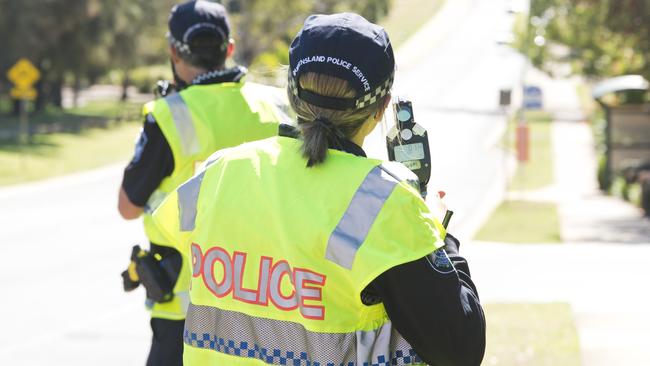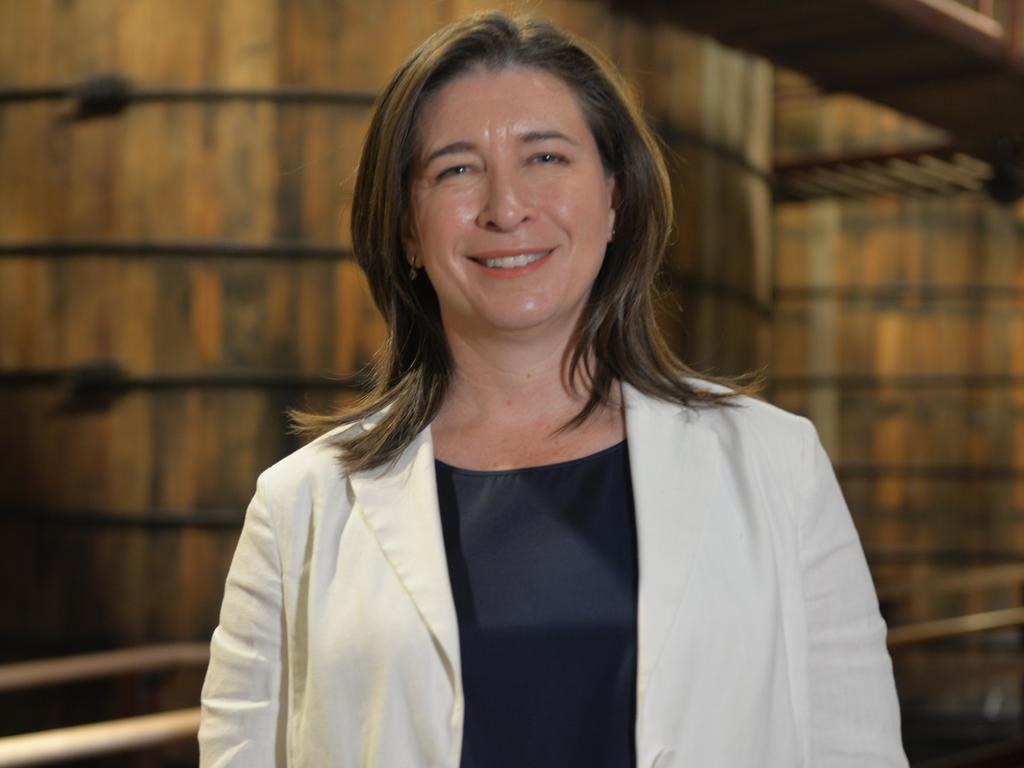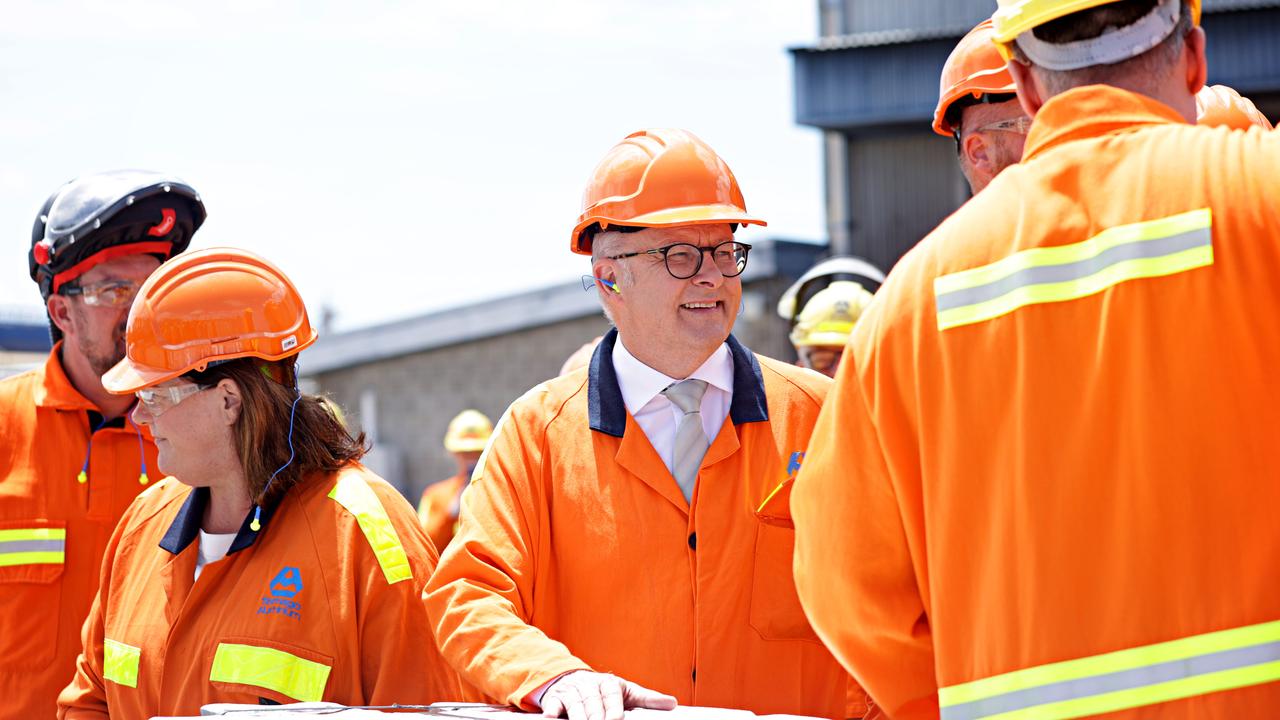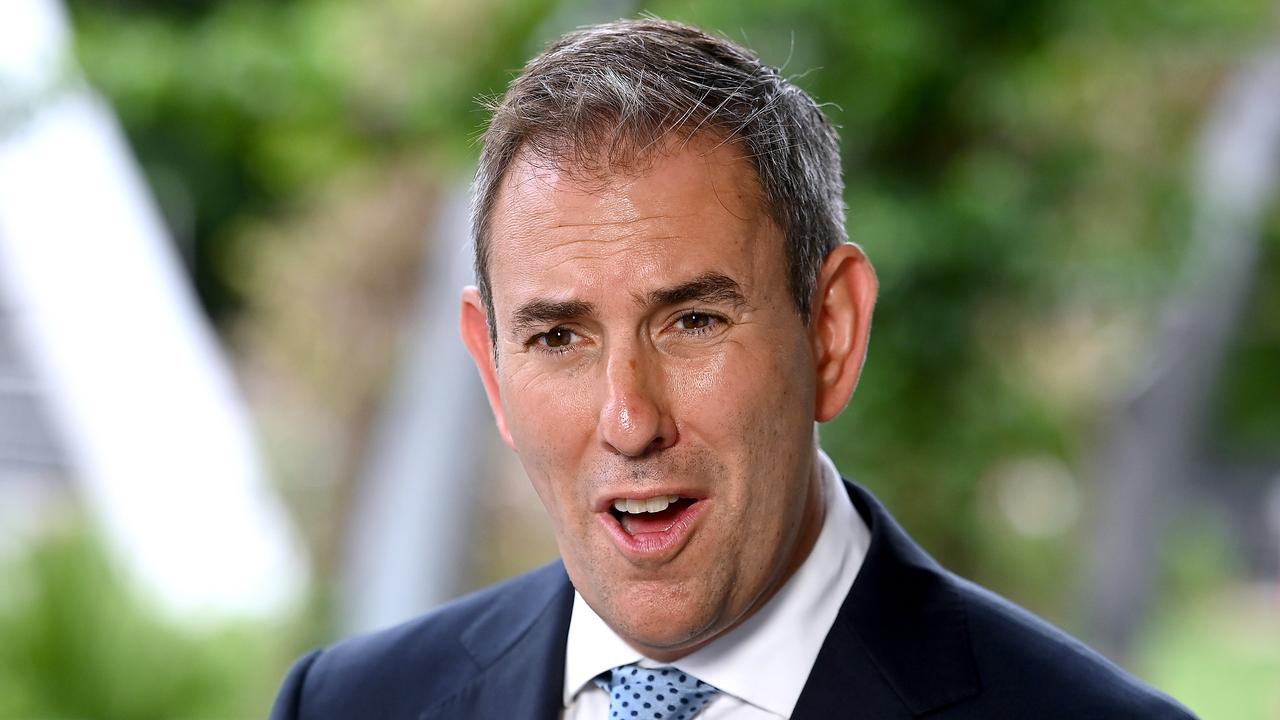Coronavirus: Police won’t test for alcohol, drugs due to virus risks
Police across the country will stop conducting random tests due to risks to officers and the public from the coronavirus.

Police across the country have stopped conducting static roadside tests of drivers for alcohol and drugs because of risks to officers and the public from the coronavirus.
The unprecedented suspension is a result of concerns that close-quarter, large-scale random testing could spread the virus among both officers and members of the public.
Police have pledged to continue targeted mobile testing where they suspect a driver is under the influence of alcohol and drugs, and to maintain a strong presence on the nation’s roads to minimise the effects on road safety.
Police Federation of Australia chief executive Scott Weber said he expected temporary restrictions to be placed on random breath testing and drug testing in all states.
“We’re not saying RBTs are non-essential, it’s just high risk. We can do RBTs and drug detection in other ways,” Mr Weber told The Australian.
“We don’t want people going out there and thinking, `It’s a free for all, I can just go down to my local pub and there will be no booze wagon around the corner’.
“If anything, people driving at the present moment will be under more scrutiny because there will be more police out on the road.”
The NSW Police Force confirmed in a statement that it was “taking measures to keep our workforce healthy and ready to maintain the highest level of response to the community of NSW”.
“The Police Commissioner, in consultation with the Minister for Emergency Services, has determined police officers may decide it is not reasonable to undertake stationary RBT and RDT in the current climate,” the statement said.
“Police officers will therefore use their discretion to determine the viability of conducting stationary RBT and RDT.”
Police would “continue to remain focused on traffic enforcement strategies, including targeted mobile RBT and RDT”.
Victoria Police Chief Commissioner Graham Ashton said preliminary breath tests would be done by mobile rather than static units to protect officers.
“That’s because of the sanitation work that needs to take place, including the changing of protective equipment,” he said.
“We want to be as visible as we can be to the community in the coming weeks to provide reassurance.
“We don’t want the community to be under any misapprehension that we’re not out there testing or not out there trying to enforce road rules. This is just a different way of doing them.”
WA police are also understood to have placed restrictions on random tests, while the Queensland Police Service confirmed late Monday that static roadside tests had been suspended “until further notice”.
“The QPS will continue to undertake random breath and drug testing through high visibility mobile patrols,” a spokesman said.
State, territory and federal police unions held an emergency conference call on Monday to discuss the impact of the coronavirus.
The Police Federation of Australia resolved to go to police commissioners in every jurisdiction to discuss issues including the suspension of all “non-essential” policing activities including alcohol and drug tests.
The PFA will also seek greater clarification on working from home protocols, and the type of leave that members are entitled to if they become sick, are forced into quarantine or have to care for a family member.
Other areas to be discussed include: Priority coronavirus testing for police; arrest protocols; the suspension of training; cleaning and decontamination; and dealing with sections of the community that are particularly vulnerable to the virus.
Mr Weber said a “safe policing workforce means a safe community”.
“In the next couple of phases of the coronavirus, policing is going to be even more paramount,” he said.
“We want to make sure that every essential service is maintained, that there isn’t anarchy or people taking matters into their own hands.
“It’s critically important the police forces not only stay healthy but stay out there keeping the community healthy as well and reigning in people’s erratic behaviour, as we’re already seeing.”
Queensland Police Union general secretary Mick Barnes said in an open letter that many members were frustrated with “the lack of communication from their employer” about constantly evolving protocols and procedures.
The suspension of static random tests would free up 400 hours of policing a day in Queensland for other road policing or crime and investigation strategies, a source said.







